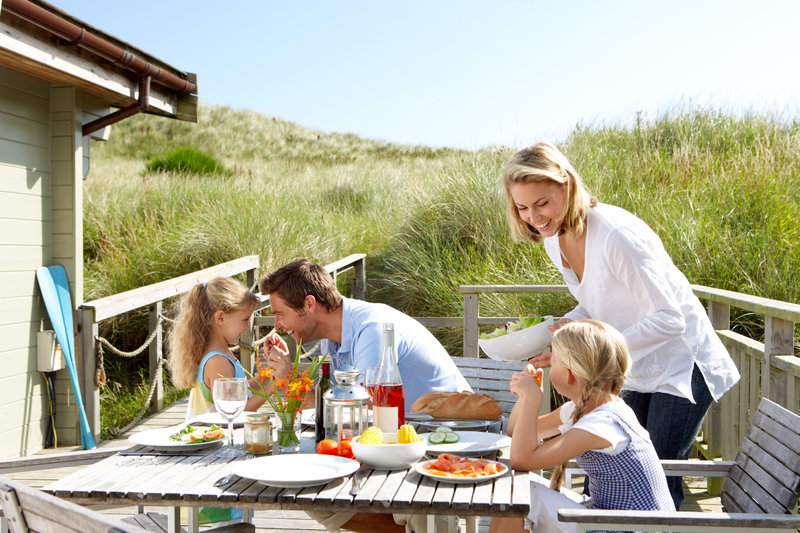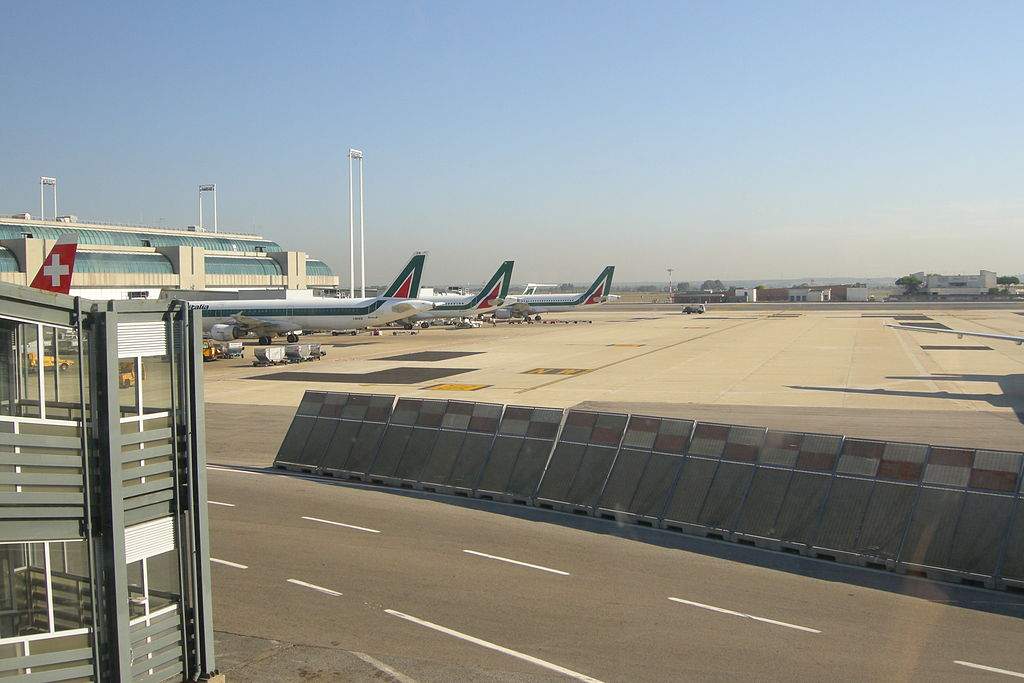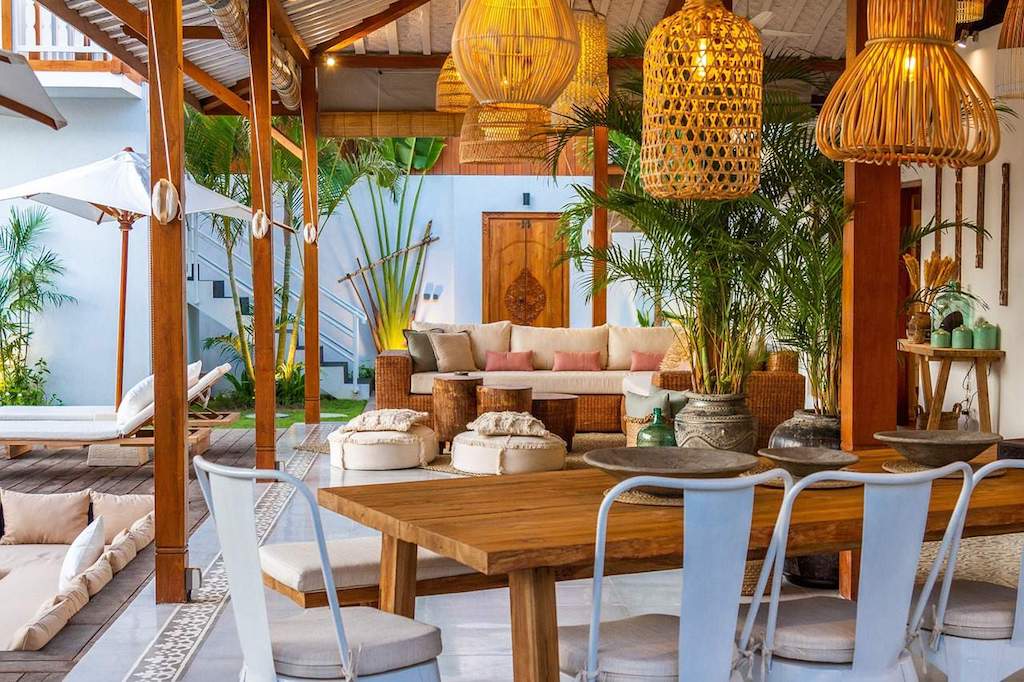You Get to Control What You Eat
The first benefit is that you get to control what you eat and when you eat. This is perfect for people who want to taste special dishes, cuisines and even homemade food that aren’t available on the hotel’s menu. You can cook whatever you want if you’re choosy about food and prefer specific delicacies. And if the home comes with a live-in chef, that’s even better. You also get to choose whatever you are going to cook with specifically. Bottom line, you get to eat to your heart’s content and avoid risk of eating something unsavory or bad. And you also get the added benefit of being able to eat out whenever you want.
Benefit of a Flexible Schedule
If you’re going to with an all-inclusive plan, you may find that the hotel’s meal times aren’t compatible with your schedule. If you want a quick snack at 2am in morning, you probably won’t get it. And the food may not be as good as you are used to. For instance, if you are holidaying in Ireland and feel like eating lamb stew around 6pm for dinner, you can easily shop around and prepare it just the way you like it. Bottom line, with your self-catering facilities, you can eat when you want and how you want. Your movements and itinerary aren’t centered around the hotel’s meal times.
There’s Better Accommodation
Most hotels don’t allow you cook in the rooms. So, you mostly have to eat out in the restaurants. Personally, it feels like a waste of money. Self-catering properties however, vary from large holiday beach homes to mini flats in the city. You can get good accommodation for far less than you would pay to stay in a hotel. For instance, some great luxury cottages all over Europe with self-catering facilities cost £10-£50 a night. That’s a fantastic deal if you ask me. Ask your tour operator or agent or look through Airbnb’s listings.
Conclusion
Let’s say self-catering is definitely the way to go during my holidays. What about you? Do you fancy it or consider it a waste of time? Sound off in the comments section.











